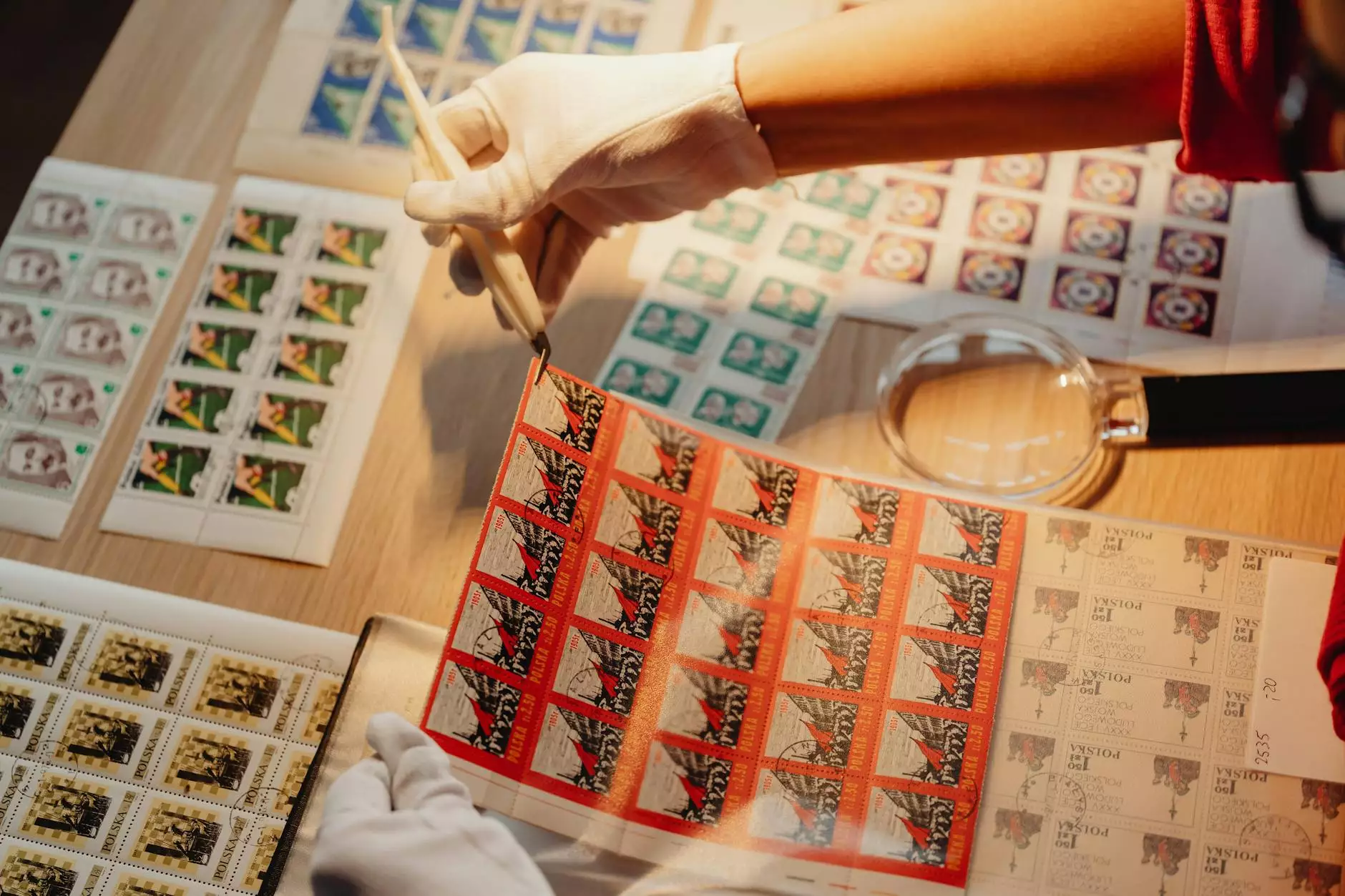Ultimate Guide to Joint Medicine for Horses: Ensuring Strong, Healthy Equine Joints

Maintaining the health and vitality of your horse's joints is paramount for optimal performance, longevity, and overall well-being. As passionate pet owners and animal caretakers, understanding the intricacies of joint medicine for horses can significantly improve your ability to prevent, manage, and treat joint-related issues. This comprehensive guide explores everything you need to know—from traditional treatments and innovative therapies to holistic approaches—so your equine companion can enjoy a healthy, active life.
Understanding Horse Joint Anatomy and Common Issues
Horses are majestic creatures with complex musculoskeletal systems designed for agility, speed, and endurance. Their joints—comprising the knees (carpus), hocks, stifles, and fetlock—are crucial for movement and load-bearing. Proper joint function is essential for athletic performance and daily comfort.
Common joint problems in horses include:
- Osteoarthritis (Degenerative Joint Disease): The most prevalent condition, characterized by gradual cartilage deterioration leading to pain, swelling, and decreased mobility.
- Joint Inflammation (Synovitis): Inflammation of the synovial membrane, often resulting from injury or overuse.
- Injuries and Ligament Damage: Trauma from falls, collisions, or overexertion can cause joint instability.
- Joint Congenital Abnormalities: Genetic factors that predispose horses to joint issues from an early age.
Identifying early symptoms like stiffness, reduced performance, lameness, swelling, or discomfort is essential for prompt intervention. Timely treatment can slow disease progression and restore joint health.
Traditional Veterinary Approaches to Joint Care
Veterinarians employ a variety of proven strategies to support and treat equine joint health, often combining several modalities for optimal outcomes. These include:
Non-Steroidal Anti-Inflammatory Drugs (NSAIDs)
NSAIDs, such as phenylbutazone and flunixin meglumine, are commonly used to reduce pain and inflammation during acute flare-ups. While effective, they should be used judiciously to prevent adverse effects like gastrointestinal issues or kidney damage.
Intra-Articular Injections
Delivering medications directly into the joint offers targeted relief. Corticosteroids reduce inflammation rapidly, but repeated use can damage cartilage. Hyaluronic acid injections boost joint lubrication, supporting smooth movement and healing.
Joint Support Supplements
Supplements containing components like glucosamine, chondroitin sulfate, and MSM (methylsulfonylmethane) aim to reinforce cartilage health, reduce inflammation, and enhance joint function.
Physical Therapy and Rehabilitation
Proper exercise, massage, and therapeutic modalities like laser therapy can promote healing, improve flexibility, and reduce stiffness. A tailored rehabilitation plan is vital post-injury or surgery.
Innovative and Emerging Treatments in Equine Joint Medicine
The field of joint medicine for horses is constantly evolving, integrating science and technology for better outcomes. Some of the latest advancements include:
Platelet-Rich Plasma (PRP) Therapy
PRP involves isolating concentrated platelets from the horse's blood and injecting them into affected joints or tissues. This promotes natural healing by stimulating cell regeneration and reducing inflammation.
Stem Cell Therapy
Stem cell treatment uses mesenchymal stem cells derived from bone marrow or fat tissue to repair cartilage and soft tissue damage, potentially reversing degenerative changes. This innovative therapy offers hope for long-term joint regeneration.
Directed Laser Therapy (Photobiomodulation)
Low-level laser therapy accelerates tissue repair, reduces pain, and diminishes inflammation, making it a non-invasive option for managing joint issues.
Holistic Approaches to Support Joint Health
A growing number of pet owners and veterinarians advocate for holistic animal care that emphasizes natural, integrative methods to enhance joint health. These include:
Diet and Nutrition
Providing a balanced diet rich in omega-3 fatty acids, antioxidants, and specific joint-supporting nutrients can help maintain cartilage integrity and reduce systemic inflammation. High-quality forage, supplemented with appropriate vitamins and minerals, supports overall joint wellness.
Herbal Remedies and Natural Supplements
Herbs such as turmeric, boswellia, and ginger possess anti-inflammatory properties. When used appropriately, they can complement conventional therapies without the harsh side effects of pharmaceuticals.
Acupuncture and Acupressure
Traditional Chinese medicine techniques stimulate specific points to alleviate pain, improve blood flow, and promote healing within the joints and surrounding tissues.
Adequate Rest and Proper Exercise
Balanced activity levels—avoiding overexertion—are critical. Controlled exercise strengthens muscles around joints, providing better support and reducing strain.
Choosing the Best Joint Medicine for Horses: A Veterinarian’s Perspective
When selecting the most suitable joint medicine for horses, several factors should be considered, including the severity of the condition, age, activity level, and overall health. Collaborating with an experienced veterinarian is essential for creating an individualized treatment plan.
The optimal strategy often involves a combination of therapies tailored to the horse's specific needs. Regular monitoring and adjustments are key to ensuring consistent progress and success.
Role of Pet Services and Holistic Animal Care Providers
At PowerHorseVet, we pride ourselves on offering comprehensive pet services that combine traditional veterinary medicine with holistic animal care. Our goal is to enhance your horse’s health naturally and effectively.
- Expert Consultations: Our veterinarians specialize in equine joint health, providing tailor-made treatment plans.
- Advanced Therapy Options: We offer regenerative therapies such as PRP and stem cell treatments.
- Holistic Support Programs: Nutritional counseling, herbal remedies, acupuncture, and pain management are part of our integrative approach.
- Educational Resources: We provide ongoing education to pet owners about prevention, early detection, and lifestyle habits that promote joint health.
Preventive Measures to Keep Horses Moving Freely
Prevention is always better than cure. Implementing proactive strategies can significantly reduce the risk of joint problems:
- Maintain Proper Weight: Excess weight adds stress to joints, accelerating cartilage wear.
- Ensure Balanced Nutrition: Adequate joint-supporting nutrients and antioxidants can delay degenerative changes.
- Provide Regular, Controlled Exercise: Consistent activity strengthens muscles and stabilizes joints.
- Regular Veterinary Check-Ups: Early detection of issues allows for timely intervention.
- Avoid Overexertion and Sudden Movements: Gradually increase activity intensity to prevent injuries.
Conclusion: Ensuring a Healthy Future for Your Horse's Joints
Maintaining healthy joints through effective joint medicine for horses is vital for their performance, comfort, and longevity. Combining modern veterinary treatments, innovative regenerative therapies, and holistic approaches can provide your equine partner with comprehensive care that promotes natural healing and long-term wellness.
Whether through traditional remedies or cutting-edge regenerative medicine, making informed choices supported by expert veterinary guidance ensures your horse lives a vibrant, pain-free life. At PowerHorseVet, we are dedicated to providing exceptional pet services that prioritize your horse’s health, employing innovative solutions grounded in holistic care principles.
Investing in your horse’s joint health today guarantees many more years of happiness, agility, and companionship. Contact us to learn how our team can assist you in crafting a tailored, effective plan for your horse’s joint care needs.









